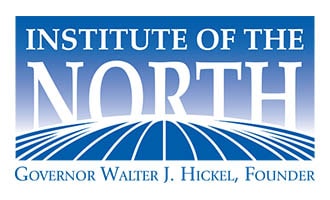The Ministry of Defense (MOD) of the Kingdom of Denmark recently published a detailed analysis of future MOD missions in the Arctic. You may be asking, why does Denmark care about the Arctic? Well, Greenland (located in the Arctic) is an autonomous Danish dependent territory with limited self-government and its own Parliament. Denmark contributes the majority of Greenland’s budget, and the Danish government retains control of foreign affairs and defense. Although the MOD document is in Danish, there is an excellent summary in English located on pages 16-21. I’d like to point out some highlights of this summary.
Denmark is taking the consensus view of other Arctic nations that the future of the Arctic will be shaped by cooperation and competition rather than confrontation and conflict. Although Denmark has overlapping claims on the Outer Continental Shelf (to include the North Pole), with both Canada and Russia, Denmark has acceded to the United Nations Convention on the Law of the Sea and these overlapping claims should be able to be resolved peacefully.
Despite this peaceful view of the Arctic’s future, Denmark is increasing defense spending based on their MOD analysis. However, the summary makes clear that the increase in spending and capabilities does not constitute a “militarization” of the Arctic. Three areas are called out to be strengthened: surveillance; command, control, and communications; and operational units. The summary includes a table showing a breakdown of how funding will be allocated to various initiatives in each of these areas.
This document should serve as reminder to U.S. policymakers that our Arctic partners are not sitting still in response to changes in the region. While the U.S. Coast Guard is making some progress in this area with a recent announcement to seasonally base two helicopters at a former Alaska National Guard hanger in Kotzebue, more remains to be done.
For another view of this document and Danish policy, I recommend reading this article by Kevin McGwin, the editor of The Arctic Journal.
-Keith Stinebaugh, Senior Fellow, Institute of the North
kstinebaugh@institutenorth.org
